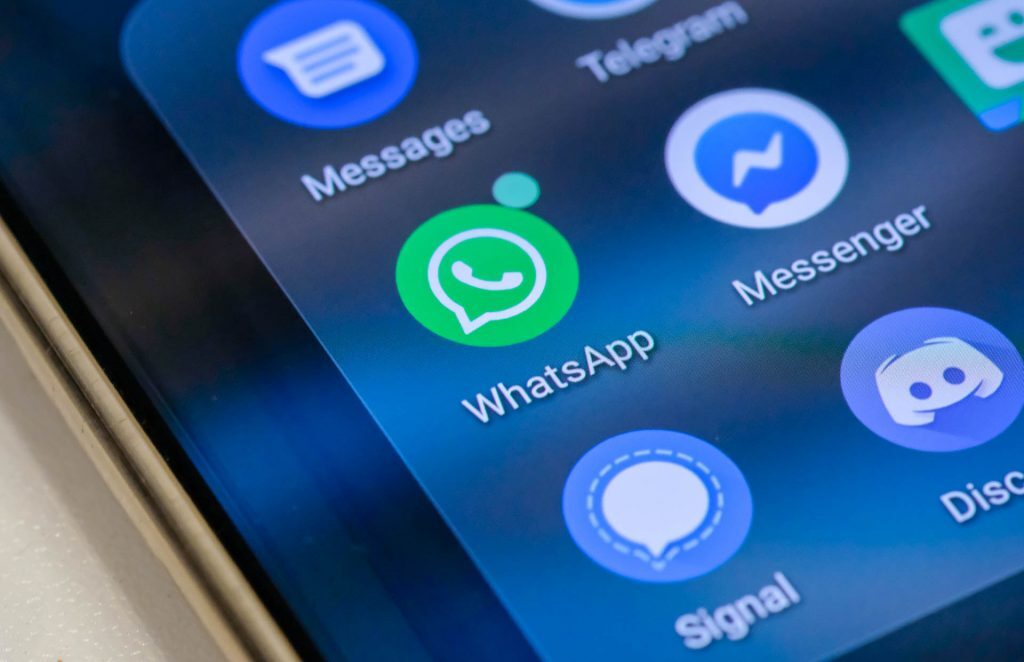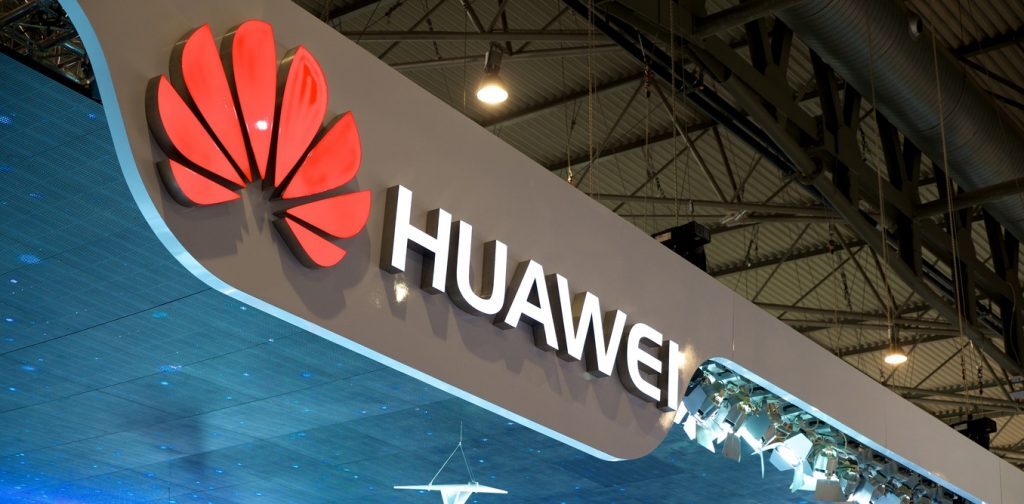Over the past few days, we’ve seen US-based companies line up to sever their ties with Chinese telecoms giant, Huawei. First to comply with US president Trump’s executive order was Google, rendering future Huawei devices essentially Androidless (though Huawei says current handsets won’t be affected), after which Qualcomm and Intel followed suit. Now UK-based semiconductor developer ARM has halted orders to Huawei, as well as Japanese firm Panasonic.
Caught between a rock and a hard(ware) place
Chip designer ARM suspended business with Huawei yesterday, putting in doubt access to one of the components used by the smartphone manufacturer to develop its Kirin processors, as well as 5G and server technology. The US has banned any US companies from doing business with Huawei without permission from the government, but ARM is based in the UK and owned by Japan’s SoftBank group.
 According to an internal memo at ARM, its chip designs include “US-origin technology”, which is likely why the company has opted to cease business with Huawei. This seems to be the case with Panasonic, too, which has also decided to halt supplying its Chinese neighbour.
According to an internal memo at ARM, its chip designs include “US-origin technology”, which is likely why the company has opted to cease business with Huawei. This seems to be the case with Panasonic, too, which has also decided to halt supplying its Chinese neighbour.
Panasonic said the ban applies to its products because 25% or more of its development is done in the US. The strange thing is, we’re not quite sure what Panasonic supplies to Huawei. Huawei develops its own displays, cameras are sourced from Leica and Sony, and most of the internal components are actually China-sourced.
Luckily, the ARM restrictions will not affect Kirin processor production for now. Huawei’s next-gen processors can still be produced using current stock. After that, well, though, Huawei will either need to get the US to revoke its sanctions… or find another vendor. Though, even if Huawei can replace most of its foreign hardware contracts with Chinese (or other) ones, there’s still the software hurdle to get over…
Don’t be App-rehensive
Even though Huawei has its own operating system used in China (where Google is banned anyway), the question remains whether the rest of the West will be as accepting of an OS without Gmail, Google Maps and other Google apps.
 The next problem Huawei might face is licensing US-based apps. While it might survive on a forked Android (which is better than starting from scratch) it could still run into problems with other apps from US companies. Blocking US app developers from submitting to a Huawei app store (called the Huawei App Gallery) could be an absolutely devastating blow for the company.
The next problem Huawei might face is licensing US-based apps. While it might survive on a forked Android (which is better than starting from scratch) it could still run into problems with other apps from US companies. Blocking US app developers from submitting to a Huawei app store (called the Huawei App Gallery) could be an absolutely devastating blow for the company.
So, as far as we can see at this stage, the lack of an app ecosystem that includes Facebook, WhatsApp, Instagram and a bunch of other US-based apps will give a Huawei OS basically zero chance of succeeding outside of China. It’s not a dead certainty that this scenario will come to pass, but if it does, it will be a sad, sad day for Huawei.
Sources: BBC (part one) and BBC (part two)




